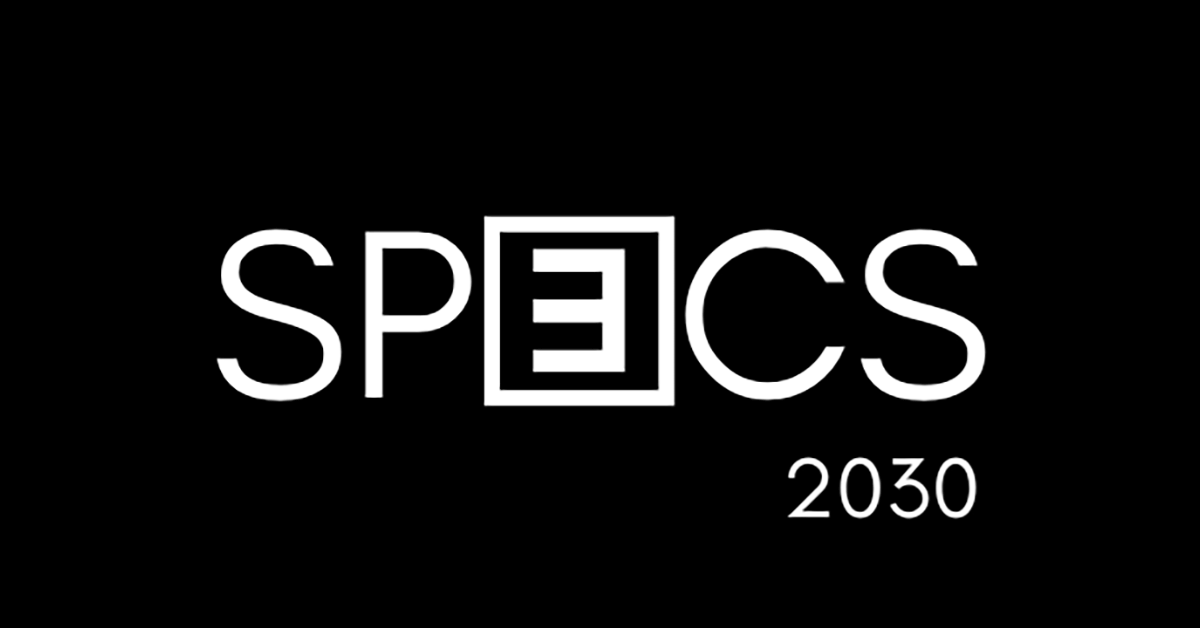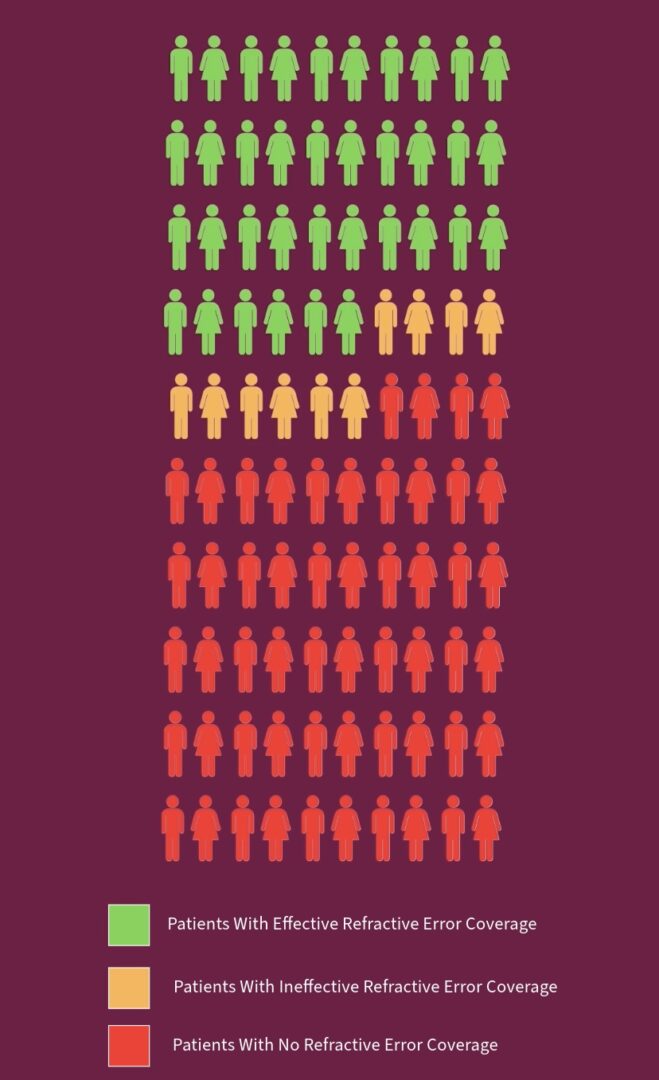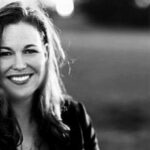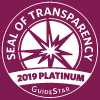
Seva is again at the heart of a global and audacious idea. If successful, it will improve the quality of life for millions of individuals worldwide.
This summer, with Seva’s Director of Impact and Learning, Lauren Jesudason, I represented the Seva Foundation in Geneva, Switzerland, as a founding member of the World Health Organization’s latest initiative, SPECS 2030. This was a chance for Seva to take a seat at the global table – once again – lending our decades of experience and goodwill to an exciting undertaking.
In Seva’s perspective of the eye care world or ecosystem, when we think about ending avoidable blindness, we weigh many factors. We think about and implement ideas that will address issues such as access. Can people find/reach the care they need? We also think about affordability and sustainability – can people afford the care once they get it, and perhaps more importantly, will it be available tomorrow, the following year, or over the next decade? We also think about quality. Specifically, are individuals getting quality care?
Let’s take glasses as an example. Chances are you or someone you know/love wears glasses. As mundane as that may be here in the States, it isn’t the case for most people on the planet. If we use the three ‘lenses’ I outlined earlier – access, affordability, and quality – the SPECS initiative is trying to address all three:
- Can people get glasses? This addresses Access
- Are they getting the right corrective prescription? This address quality
- Can they afford it if they can seek care and are given care? This addresses affordability.
In the graph below, the green group demonstrates complete, effective access. These individuals could reach a hospital or vision center, have an eye examination, receive a pair of glasses with the correct and needed prescription, and walk away having been able to afford the care and the glasses. If we judge on access alone, we might think we are doing well.
Alas, once we think about access, affordability, and quality, we must look at the orange and red groups. And this tells a different story of where the work ahead will focus. The orange group showcases those who have received glasses but with the wrong prescription (a quality issue), and the red group represents those who don’t have access to glasses or the ability to receive eye care at all (access, combined with affordability issue).

How can we begin to address helping people gain access to care and demand that the quality of that care is world-class? We believe a big part of the answer is awareness – in many places where Seva works; it is possible that people don’t know there is affordable access to care and, more importantly, an affordable, locally sustainable solution.
This is why we became a founding member of the WHO SPECS initiative. In the coming two years, Seva’s talented worldwide staff, partners, board of directors, and medical director’s counsel will join forces and help to both:
- Increase access to corrective lenses.
- Increase the quality and accuracy of the prescriptions.
Seva knows the economic and educational value of sight better than anyone else. Joining forces with WHO and other international eye care organizations is a continuation of Seva’s 46-year commitment to putting compassion into action so that we might end avoidable blindness in our lifetime. Watch the video below about Seva’s involvement in this groundbreaking meeting for more information.
About the author

Kate Moynihan
Kate Moynihan is an impassioned leader and decision-maker who has overseen programs in networked organizations and social enterprises in resource-constrained settings, internationally and in the United States. She is a catalyst for institutional and systems change, partnering successfully with diverse international organizations to deliver world-class leadership for mission-based social justice around the globe. Throughout Kate’s career, she has shown an unwavering commitment to improving the lives of people living in disadvantaged, marginalized segments of the world. Kate currently serves as CEO / Executive Director of the Seva Foundation, a non-profit organization based in Berkeley, California that transforms lives by restoring sight to individuals in areas with limited access to eye care.






